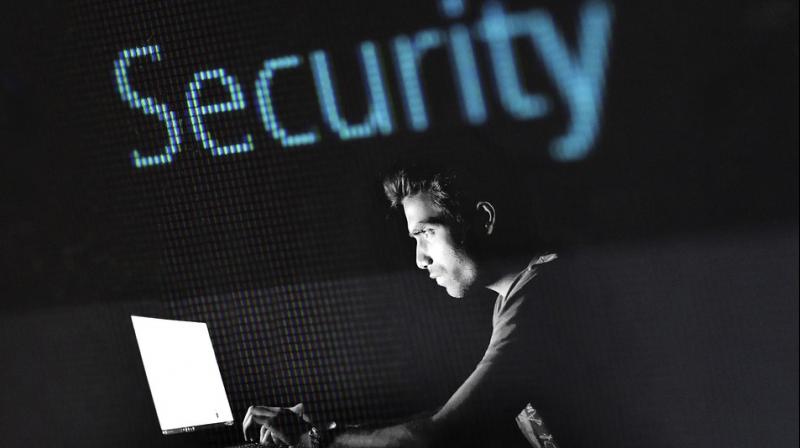What does privacy stand for in digital space?
With the advent of social media, the meaning of privacy has been moulded as per our comfort and choices.

Right to privacy is still a much-hyped debate in India and even as per Section 21 Privacy comes under the fundamental right of every Indian. With the advent of social media, the meaning of privacy has been moulded as per our comfort and choices. But this compromise with our personal space has raised many eyebrows over our autonomies. This has mainly raised the concern about secrecy with one’s personal choice of living.
With the evolvement of digital media, by some means, we have accepted the concept of invasion with our personal space. We have now transformed into a lifestyle where personal space is just an illusion. At present, the term right to privacy highlights some serious concern on the digitization of our lifestyle. Earlier one’s privacy and safety were more likely considered as being alone but nowadays the digital network challenges all concepts of privacy and enters the most proximate space of one’s life.
The current focus on the right to privacy is based on some new realities of the digital age. Personal spaces and safeties that were previously granted simply by physical separation are no longer protected. The digital network enters the most proximate spaces and challenges the normally accepted notions of privacy. This highlights the new means of socializing in the digital age by reducing one’s autonomies.
In the contemporary world, the personal and public must be considered as two different entities and should be separated even in the digital realm. By separating these two different entities we are halting lots of crimes. These crimes are the result of digital data breaching in our personal lives and in result we end up paying a bigger price.
The growth rate of cybercrimes has been growing recklessly and it has transformed itself as one of the major contributors in annual crime rates. Cybercriminals have been intruding our privacy through social media and other digital platforms to harm us in numerous ways.
The loophole in our privacy measures has been a burgeoning opportunity for such criminals. We have been living in a delusional belief that everything we do online is safe. We do not realize that these criminals are silently trying to find a way to breach in our privacy. As per the survey conducted by Indian Computer Emergency Response Team, 27,482 cases were registered in first 6 months of 2017. Such reports warn us about the higher risk of cyber-crimes in India.
It’s very important for us to find out those loopholes in our privacy settings in order to deal with such offenders. Cybercrooks use hacking techniques to break into our social media accounts and devices, they steal our confidential data and then ask for a ransom for not leaking that publicly. This is the most ordinary form of cybercrime and over the decade they have improved their hacking skills and now they steal money by hacking one’s bank account details. These crimes have been increasing ever since the evolution of the digital industry, putting an end to such crime is not an easy job but we can surely keep ourselves safe by following some basic safety measures.
These fraudsters approach us in the disguise of some random friend on our social media accounts and sometimes in the form of fake websites. They form fake websites to allure users to get the access to their devices. Like many other genuine websites, they will ask for automatic access to our device. They use such technique to hack our devices in order to steal money from our bank accounts, steal our confidential data. To keep yourself safe from such frauds always make sure that you do not give your device’s auto access to any new website or application as it can be a trap.
Always choose your friends wisely, people we meet on social media platforms are not always as good as they pretend they are. Sometimes they turn out to be a cybercriminal trying to harm you.
Never share any confidential information with an online friend as it can land you in bigger trouble. That person might pose as your friend to win your confidence and will later plan against you. Sometimes habit of checking in also help them to track you down and cause serious harm to you.
In simple words always maintain a distance between your personal space and digital space, these two things are best when kept separate otherwise they turn out to be a troublesome invite.
— Ashish Bahukhandi, Founder and CEO, Apps Discover

